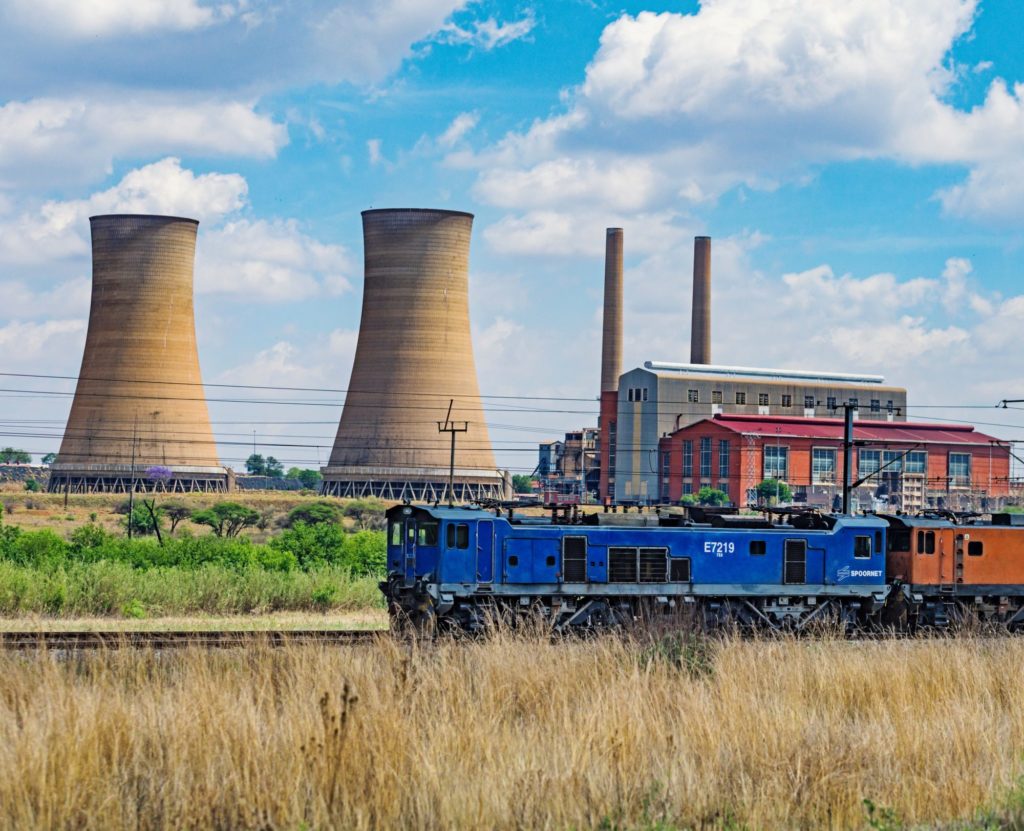UNITED NATIONS (AN) — The African Development Bank Group announced it will no longer support "19th century technologies like coal and heavy fuel oil" and will instead help create the world's largest solar zone in the Sahel region.
Speaking at the U.N. Climate Action Summit in New York, AfDB's President Akinwumi Adesina told world leaders the bank supports carbon neutrality for all by 2050. Its mission is to reduce poverty through sustainable economic development and social progress among member nations.









